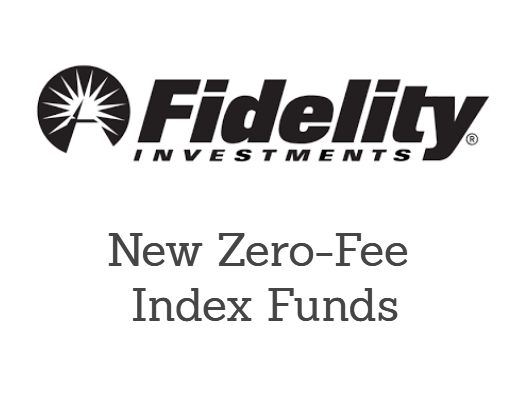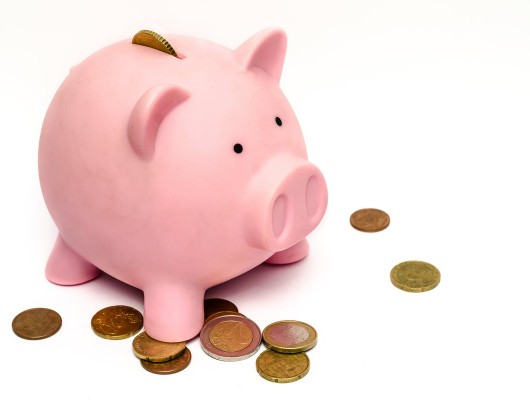Sunday’s shocking election upset has potentially cast Argentina on a totally different course. After the country’s economy collapsed at the end of 2001, following a power vacuum, Nestor Kirchner came to power and briefly led the economy to a rebound.

After his untimely passing, his wife Cristina Kirchner took over and the quality of the country’s governance plunged. The economy currently runs on the Kirchner system, which features an odd mix of socialism, hyperinflation, avoiding international trade, and passionately refusing to honor the country’s debts.
Around 2011, the country’s large budget deficits, excessive use of the printing press, and complete isolation from the international economy eventually caught up to the country. Argentina has been forced to use more ane more capital controls to try to maintain the country’s increasingly artificial exchange rate.
For the past year, the country’s official exchange rate has devalued to around 9 per dollar, however on the street, a US dollar fetches between 14 and 16 pesos. That’s a 50% or more gap.
Dollars are basically banned in the country; travelers frequently take a ferry to Uruguay, stock up on dollars, and then vend them on the black market to get a reasonable exchange rate. The country has made many imports, such as Apple products, nearly unavailable within Argentina.
The country’s exporters, such as the famous Argentine wine and cattle industries, have been crippled by the government’s artificial exchange rate which makes their goods wildly uncompetitive on the global market.
Not surprisingly with capital controls, a breakdown of trade, increasing inflation now running more than 40% a year, and great uncertainty about the future, the economy has swooned. The country has been in recession for several years now, and poverty levels are soaring.
Despite all that, Kirchnerism remains surprisingly popular, likely because much of the country’s population lives on social handouts that are funded directly by running the country’s hyperactive printing press. Given that the government is frozen out of international borrowing since it never paid previous obligations, and that it is afraid to tax the citizenry at normal levels, it must print to pay the bills.
The government’s policy essentially amounts to a giant tax on anyone with savings or assets that are constantly whittled away by inflation. In 2001, an Argentine Peso was worth 1 dollar. Now it is worth just 6 cents.
Coming into Sunday’s election, it appeared that Kirchner’s hand-picked successor, Daniel Scioli, would win by a comfortable margin. Polling showed him up by 8 to 10 points. He needed to win either 45% of the vote or beat the second place candidate by a margin of 10% to win in the first round vote.
With three viable candidates running, 45% of the vote was a tough target to meet, but most polls showed him with a big lead on second place. However the actual voter turnout showed a dead heat between Scioli and Mauricio Macri, the current mayor of Buenos Aires city.
Macri has promised to resolve the country’s unpaid debts to foreigners, restore freer financial markets, end the country’s stringent capital controls, and head toward a more capitalist investor-friendly path.
Investors responded Monday with an overwhelming show of support. The headline Argentine ETF, ARGT, was up more than 5%. And individual Argentine names were up much more, with Banco Macro, BMA, up 20% and a whole host of other Argentine ADRs up double digits.
So was that the corner for Argentina? Has the darkest moment passed? The answer is, perhaps. We have to wait and see. It’s an interesting situation, the country has been down for so long that if things are about to take a turn for the better, it would be quite the investment opportunity.
Major operations, such as the McDonalds franchiser for all Latin America, Arcos Dorados, ARCO, are headquartered in Argentina and have lost nearly all their value over the past couple years.
If Macri is elected and can carry out his promises to reorient Argentina on a more market-friendly path like Chile or Mexico, Argentine stocks are set for a bull market soon.
But it’s not a sure thing. For one thing, there’s still the runoff to worry about. Scioli and Macri split the vote at 35% each, with 22% going to a third candidate who was a former Kirchner supporter who split for ideological reasons. It’s unclear which camp his supporters will head towards; and that decision will likely decide the outcome of the runoff election.
And if Macri does get the nod, he still faces an economy in deep recession. He also has to tackle a 40% inflation rate, a profoundly overvalued currency, and deepening poverty. He additionally must come up with the money he’s promised to pay to foreign creditors. It won’t be easy.
But at least his head is in the right place, and he may be able to help Argentina reverse course from a decade long experiment in antiquated economic policies that have left the country in a deep rut. Investors should pay attention, it may be the dawning of a brighter and more profitable Argentina.

